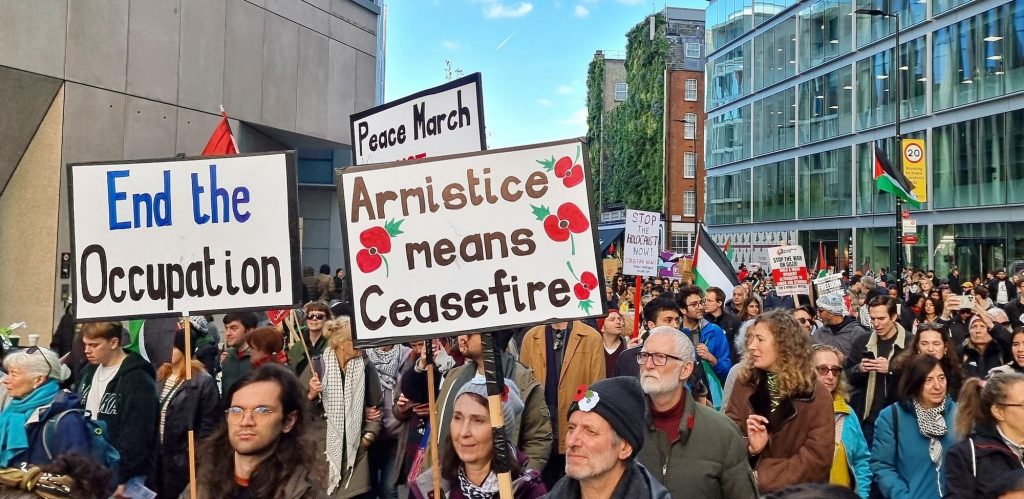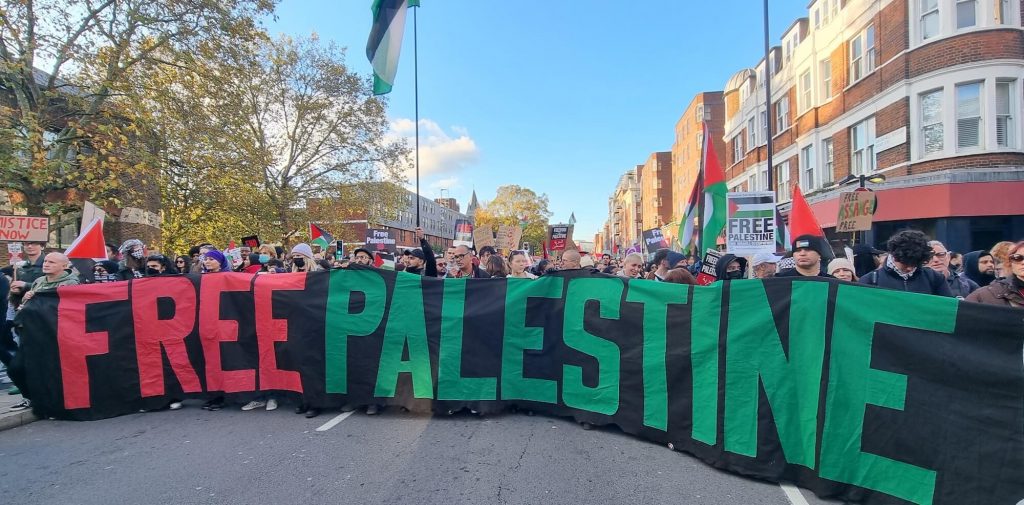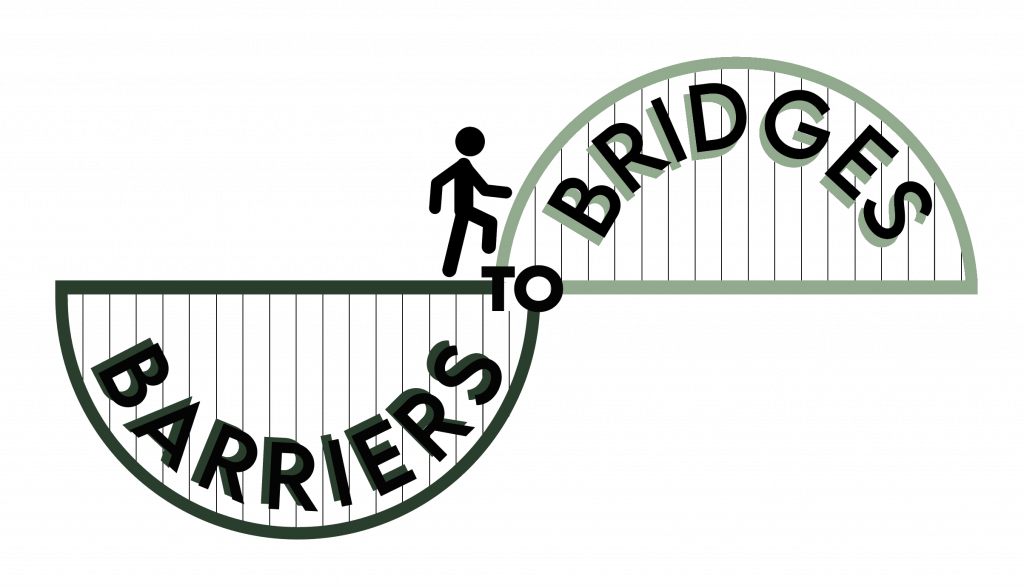by Dawn M. Sanders
Any community or nation, whether defined by its ethnicity or other attributes, is proud of their identity and deserves at least accurate forms of description i.e. communities of colour or the gay community. Yet, how does one describe a stateless nation of people by their ethnicity alone? The Kurds, Bedouin or other stateless peoples will always distinguish themselves by particular traits such as nomadic, but certainly not by their oppressed state of occupation. However, this isn’t about preferred terms of identity, it’s about my time in the Middle East, meeting Palestine and drawing parallels with the most disenfranchised in any society. In Interpol, they tell you how nations often behave as people because a nation, with its traits, language and customs, is the face of its inhabitants.
“We are a proud people and determined to live in our homeland …” Palestinian UN Ambassador, Riad Mansour.
It was summer of 2006 and I was entering my last year of my undergraduates International Politics degree. I had chosen the strand of majority world studies (or termed third world) and narrowed it down to focusing on the Middle East. It was post 9/11 and lecture theatres were packed with people like me keen to understand the complexities of the changing world around us.
Curious and forthright, I didn’t just want to read about such a complex and perplexing region, I needed to break out of the academic bubble and not be shielded to gaining real experience and insight into the lives of people and politics I read of thousands of miles away. I read countless texts by Robert Fisk and numerous others, but my thirst to be in that real world was unstoppable.
I had joined the student PSC (Palestinian Solidarity Campaign) so learnt of the history and ongoing conflict between Israel and the occupied territories of Palestine. I watched telling documentaries of how Israeli soldiers bulldozed Palestinian homes, how the IDF (Israeli Defense Force) terrorised with Western-made ammunition from above and an entire people’s freedom of movement, access to healthcare and education was crippled on a daily basis.
When I decided to do my field research in Egypt, my course director and others tried hard to talk me out of going. ‘Cars run red lights and crossing a road, you take your life in your hands’ I was told and was warned of other unruly antics I would be exposed to. I wasn’t deterred, yet not so green I would leave myself open to exploitation. I knew as a western woman, particularly with a visual impairment, my safety was paramount, but who would accompany me? I needed a guide and translator, as my attempts to learn Arabic were fairly futile.
I went to a social meal with some PSC students, met Salim and got talking about my plan. He happened to be Palestinian and was even up for coming with me. I had days to organise everything. My friend and house mate would look after my son for the 5 weeks I was away. Salim and his partner Theresa (not their real names) sat in my living room as we discussed logistics. I would fund Salim’s plane ticket and other expenses, as he would be my translator and Theresa, a schoolteacher, would fund herself. It transpired along with my Egyptian research, Theresa’s sister lived in Bethlehem with her Palestinian husband and where some of the research would take place, we would visit there. So, I was going to the heart of the Middle East, the epicentre of holy wars and the very outpost of western imperialism.
During my degree I also read a lot of academic takes on institutional oppression of people with additional needs which, was like studying the bloody obvious. Yet, as an American living in the UK, I needed to get to grips with cultural frustrations I couldn’t put my finger on, when it came to people with special needs in wider society. These readings were not part of my degree but enhanced my immediate and wider understanding. I somehow wanted to tie these two complex areas of life and political circumstance together, hence the mission of my dissertation was: How Special Needs are Accommodated in the UK Compared to the Middle East – a broad one to try and conquer. My field research was the threshold of my year-long analysis, as it spanned cultural, economic and even gendered implications.
Landing in Cairo where we had booked a hostel, we flagged a taxi, who raced through a dusty desert city, running red lights as the warm wind rose from the vast desert outside the perimeter of the city streets.
Egypt was boisterous, and my friends, no strangers to the region, told me of the hot-headedness of Arabs. Being raised with a half Mexican mother and American high-spiritedness – I could handle it.
I was keen to make my connections in planning my research – the academic from the American university in Cairo; Mohammed, who was visually impaired, fighting stigmas as a student. I had arranged to visit several schools or organisations for people with special needs. I visited everything from printing presses with people who were deaf, as they couldn’t hear the preindustrial machinery of old-fashioned printing presses; to other schools just doing the best they could with little resources. I met children with various special needs who had good English saying, ‘I wrote a poem, can I read it to you?’ I listened as they read simple words of their hopes, understandings of the world or just simple musings.
Many of the organisations were hubs for further vocation, such as making artificial limbs or supported work places, which are few in Western modern mainstream, but often give people a chance to be productive and a sense of community.
Egypt was poor, chaotic but functional. During the day in the baking summer sun, few people walked around, yet by night the streets were lined with vendors selling their wears on blankets on the pavement. Young women walked with their families in colourful abaya and hijabs. Everybody owned the road – donkeys, taxis, beggars and pedestrians.
When the time came for us to travel to Israel/Palestine, Salim was not allowed to travel with his partner and I and he had to navigate 6 checkpoints to get to his family in Ramallah on the West Bank. Like many a Palestinian diaspora, Salim had grown up in South America, as so many Palestinians have had to flee their homeland.
Teresa and I negotiated the contrasting worlds of Arab culture and the more muted, aloof atmosphere of a far-flung European-Esque enclave which is Israel.
I remember visiting a shop keeper, maybe someone Theresa’s brother-in-law knew, but we sat and drank mint tea and browsed the cramped shelves of handmade ornaments and crafts, as he was friendly and welcoming – talking mainly of the day-to-day treadmill of life, but never of the occupation. I was struck how little anyone spoke of life under occupation, but this was all they knew, as much as I know getting on a train in the UK and going anywhere, I wanted, but they could only stay within limited boundaries.
On the way into Bethlehem, south of East Jerusalem and part of the West Bank of the Gaza Strip, mainly under Palestinian Authority jurisdiction, we passed along the separation wall, which At that time the Israelis were extending, further enclosing Palestinian communities.
There was a checkpoint we had to negotiate to get to Theresa’s sister’s place on the Bethlehem side. As we approached, she described a high watch tower and the checkpoint was an immaculate mini terminal, a barrier with turnstiles and a small box office, but no one was there to let us through. After Theresa called out for several minutes, a woman appeared to let us through upon seeing our British and American passports, but the set-up was purposely intimidating.
Coming back through that checkpoint the next day, the July sun beat down mercilessly, as we slowed to walk through, a Palestinian man with his wife and 4 children stood silently, as they were shouted at in Hebrew by a male voice from inside the checkpoint – they had clearly been held there for hours. When we were let through, Theresa later told me how she apologised to the man with her eyes, for our favoured treatment. As my blood ran cold during the experience, I’ll ‘never forget it’ as it put everything into context.
At one organisation helping people with special needs, a young Palestinian girl told how she had been strip-searched going through a checkpoint. I remember visiting an organisation funded by the Netherlands and learning how 80% of Gazans in particular, depended on food from UN (United Nations) or foreign aid, according to a UN report, long before the current crisis. Since 2006 when I visited the region, foreign donation has dropped from 27% to 3% with the economic choke hold on the occupied territories.
The other thing which struck me, was how Arabs or Palestinians tended to talk to me without flinching from my visual impairment. In the UK, I’m used to a steady stream of unpredictably cohesive conversations or patronising remarks from strangers in equal measure and while I felt respected and excepted by Arabs, few Israelis spoke directly to me. Queuing to buy a bus ticket someone said to Theresa, ‘She can go to the front of the line’ – the kind of socially bypassed stuff I got as a kid.
So all-encompassing was the political atmosphere around us, in the occupied territories, it was impossible to focus on why I was there, my research taking less precedence. While the research was of the section of British or Middle Eastern society and how additional needs are accommodated, whether educationally or practically, what became apparent was how Palestine represented an entire society which was crippled, grounded or paralyzed by the brutality of Israeli occupation.
To have statehood – defined borders, a currency, a flag and all the customs or language to bolster infrastructure, such as transport systems, schools for the children, universities for higher education or movie cinemas for entertainment, is to have a functioning livelihood, a homeland to celebrate, whatever the government structure. For Palestinians, since the Nakba of 1948, following the Jewish holocaust in Europe, has been the systematic disabling of an entire people.
As with any society or culture, human nature possesses a social responsibility of anyone at a notable disadvantage if they are assaulted or harmed in public. If a wheelchair user is being bullied by a pack of unruly school kids and someone witnesses it, the bystander will defend the person and dissuade the kids from taking advantage of someone because they can’t run after the kids. If a visually impaired person is taunted or taken advantage of, if witnessed, a witness is more than likely going to confront the perpetrator.
In the grand scheme of the world playground, as the international community has watched in plain view, the abuse of the Palestinian people, not completely without fault, but mainly unarmed or without the rich backers of the West as with Israel, the normalisation of oppressing a people, resonates with voiceless or disenfranchised communities everywhere. As in any given society, it’s simply a fact that those with additional needs are often the most disadvantaged. Whether with denied equal access to employment or social mobility, people with additional challenges are inevitably ‘at the back of the queue’ – even within the so-called diversity discourse in the West, as I’ve written on extensively. However, like the Palestinians themselves, this never means an oppressed community or people are unemancipated, without pride or resilience.
In the 6 mass marches so far held in London after the 7th of October incident, sparked by Hamas, Palestinian speakers have spoken of their pride and determination to overcome. The message, as with so many oppressed around the world has been the same – we are wounded, but not broken; oppressed but not conquered.

Palestinian UN Ambassador Riad Mansour said: “we are a proud people and determined to live in our homeland … we have to become a full member of the United Nations to begin the process of realising a two-state solution.” To be isolated from society, due to having particular additional needs, even in modern times, is still very much a reality, as the story of Nicholas Thornton and others illustrates. By the same token, to be isolated within the confines of certain geographically apartheid parameters, such as previously, black South Africans or Palestinians, is still the scourge of humanity. While the strong concentration of support for Israel is in the hands of US and UK government donors, international Jewish lobbyist groups, arms manufacturers and countless links of clandestine nature, keeping the Israeli state afloat, there is a growing international majority which resonates with Palestinians. Other marginalised communities, such as working-class communities or the poorer global south, resonate with Palestinians under occupation. It was impossible to get an interview on non-Western perspectives of Palestine, but the general consensus here suggests the double standards of Western leaders, privilege versus poverty or racial bias of Western reaction to white Ukrainians under Russian invasion, versus the latest concentration of Israeli brutality toward Palestinians. As the above source suggests, it isn’t just oppressed communities who support Palestine, but peace activists and conscientious folk everywhere.
Personally, I have marched three times with strong conviction since 7th October. As someone fighting tooth-and-nail for my own human rights here in the UK, I marched for the shop keeper who gave us mint tea and hospitality; for the Palestinian girl who was strip searched at a checkpoint and for the man and his family, kept standing in the baking sun at that checkpoint out of Bethlehem in 2006 –I wonder if they’re still alive.
While Palestinians might represent a stateless and politically/geographically handicapped people, those marching across the world chanting ‘in their thousands in their millions, we are all Palestinians’ on mass, realistically have probably never experienced the extreme oppression which comes from occupation, yet the slogan of solidarity acknowledges collective struggle.

© 2023

I liked your description of Israel as a European-Esque enclave. A substantial majority of the Jewish population in Israel arrived from Europe in the 20th century, which I think helps to explain this.